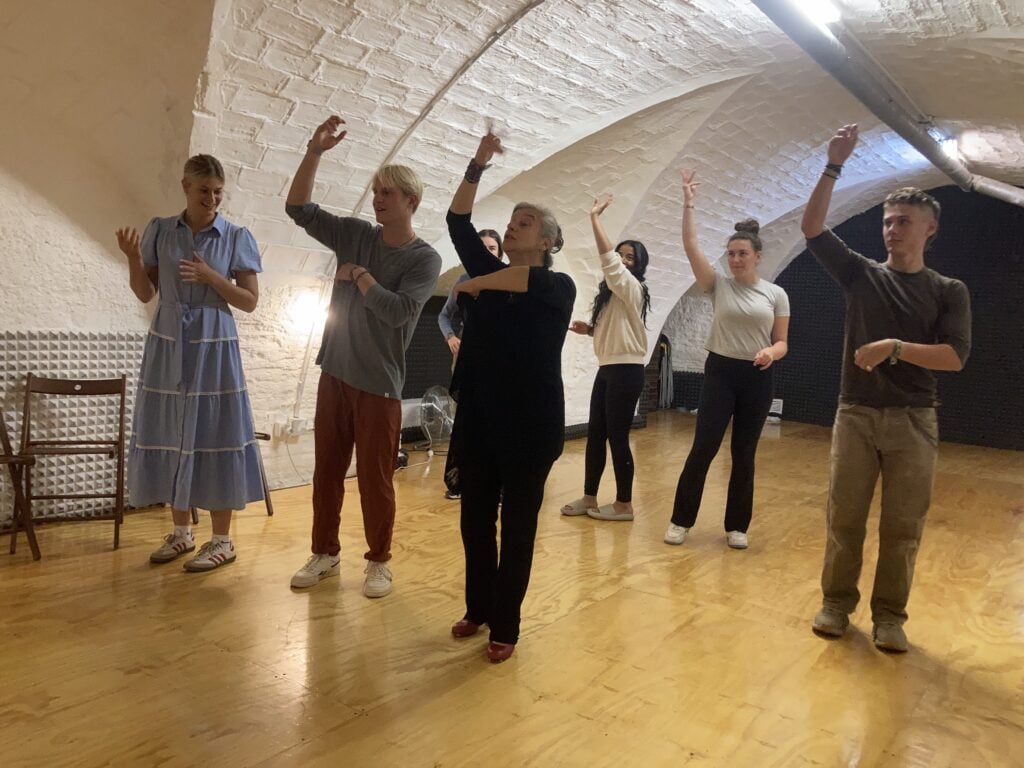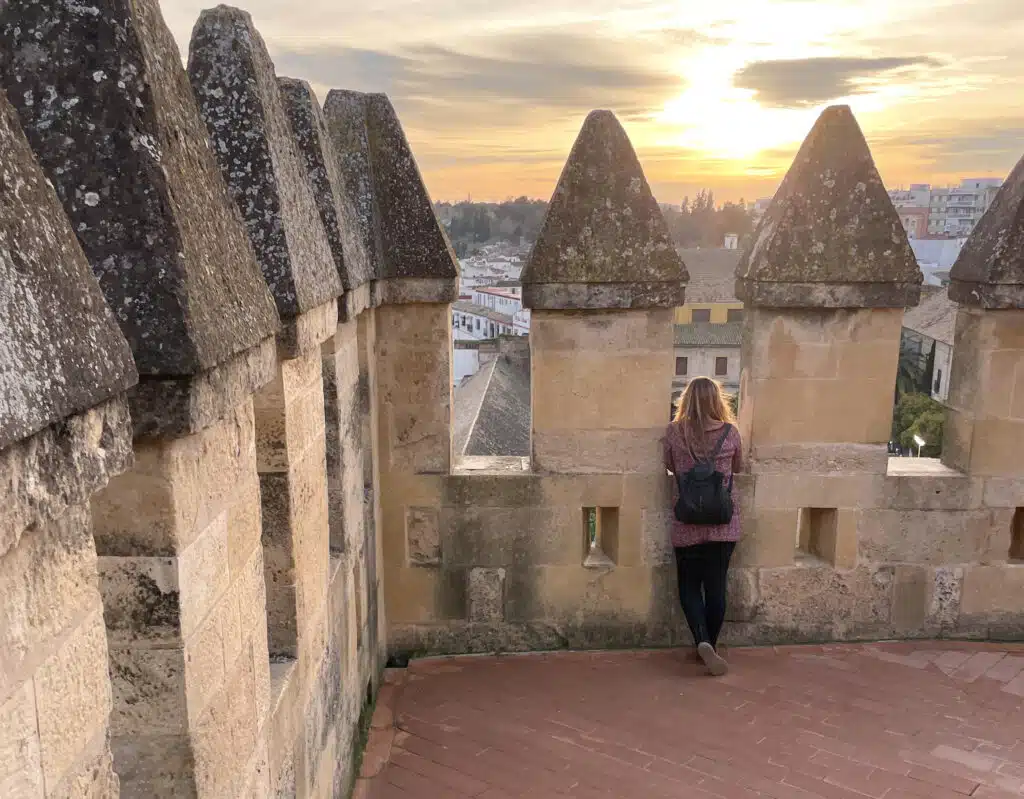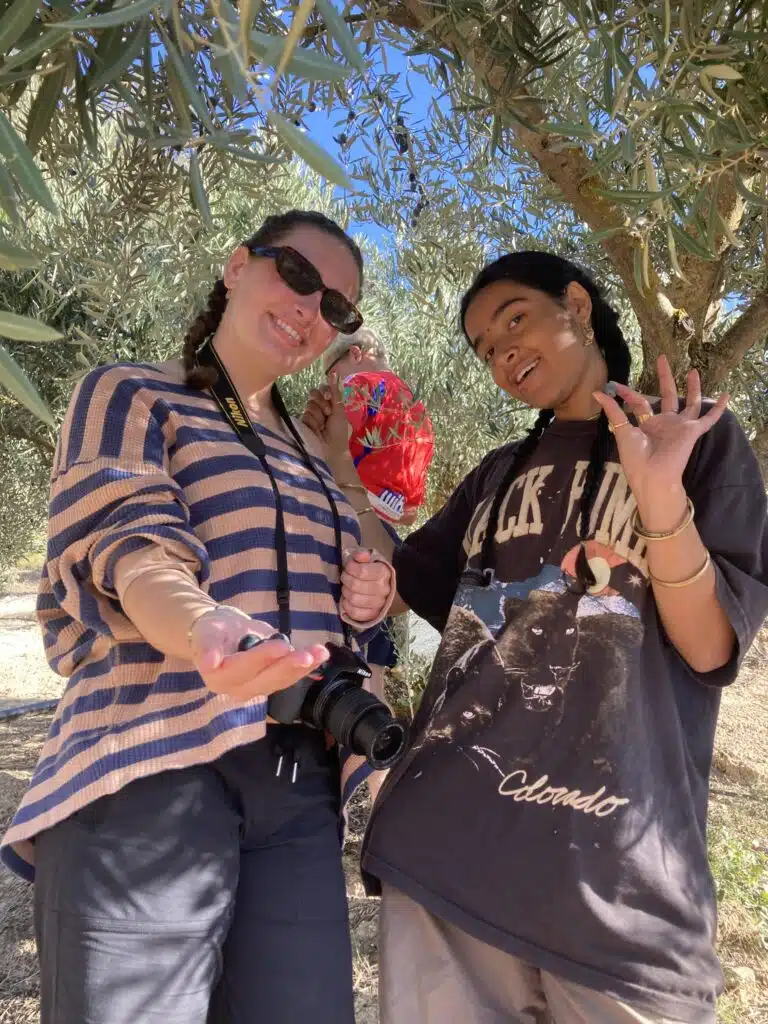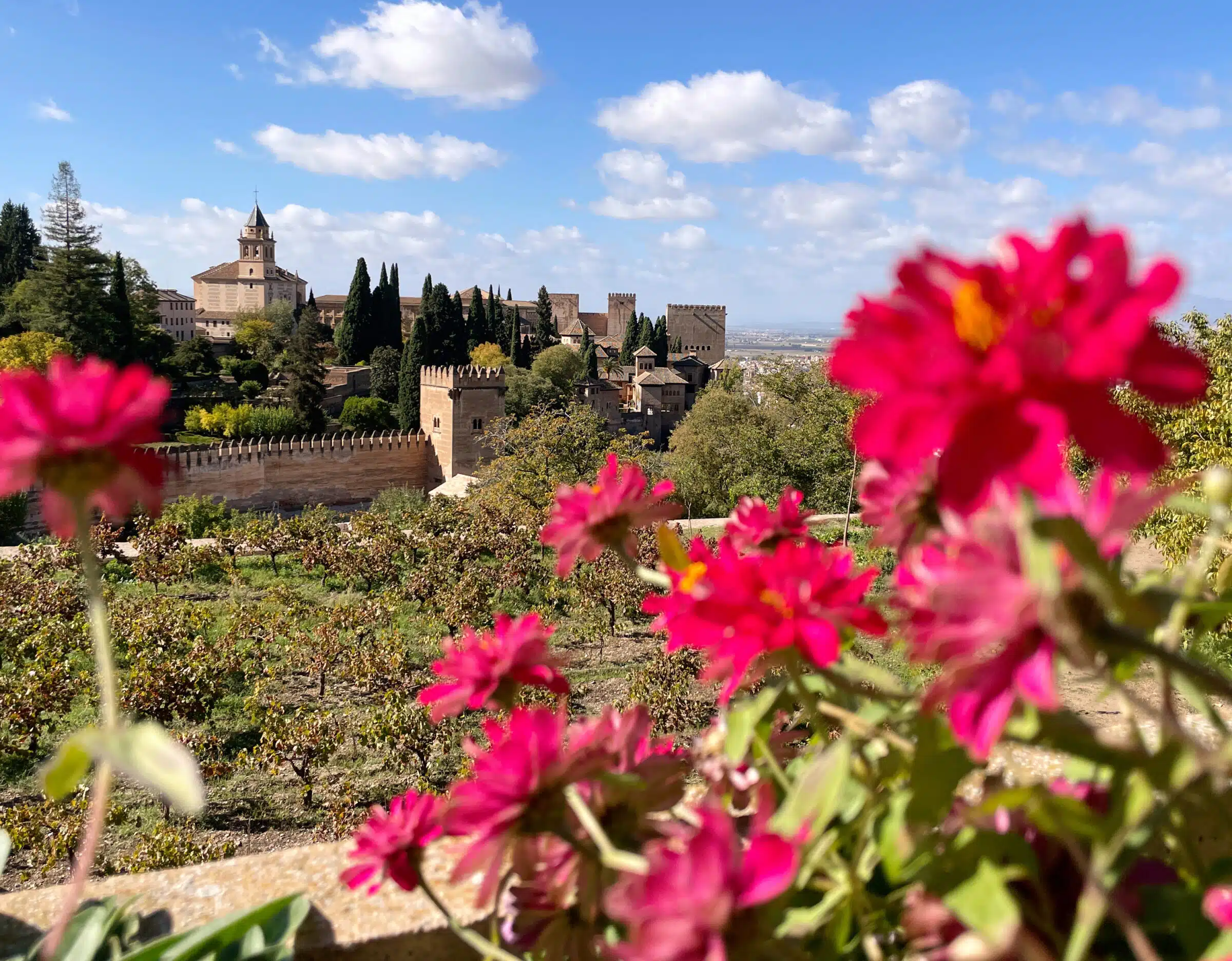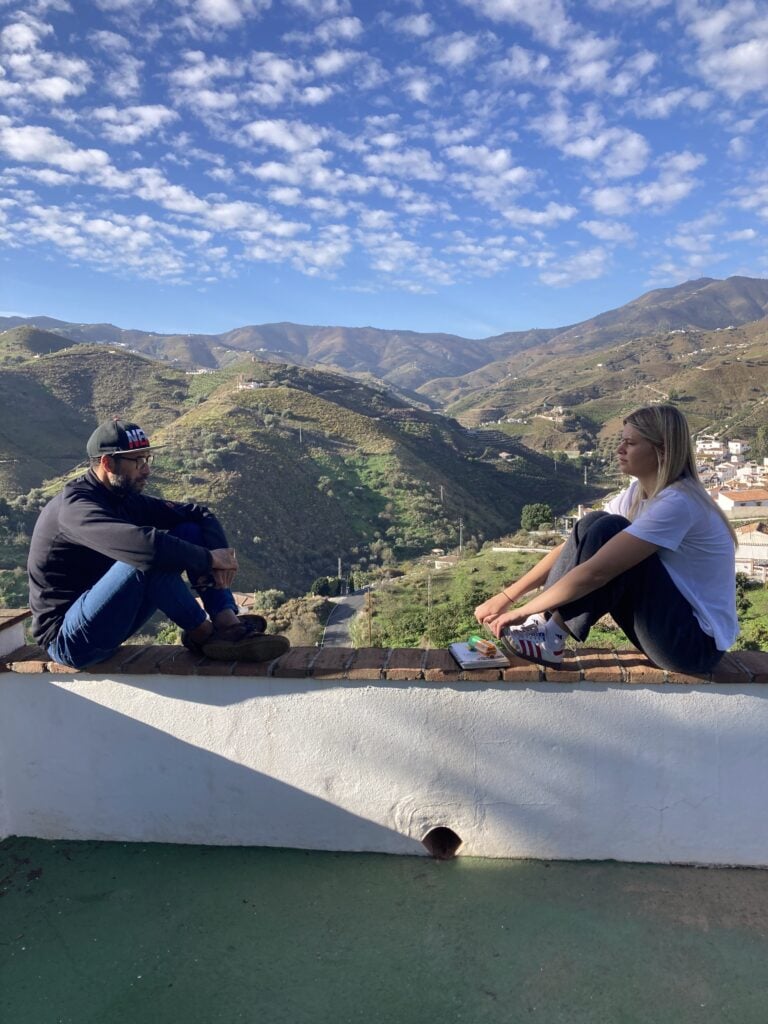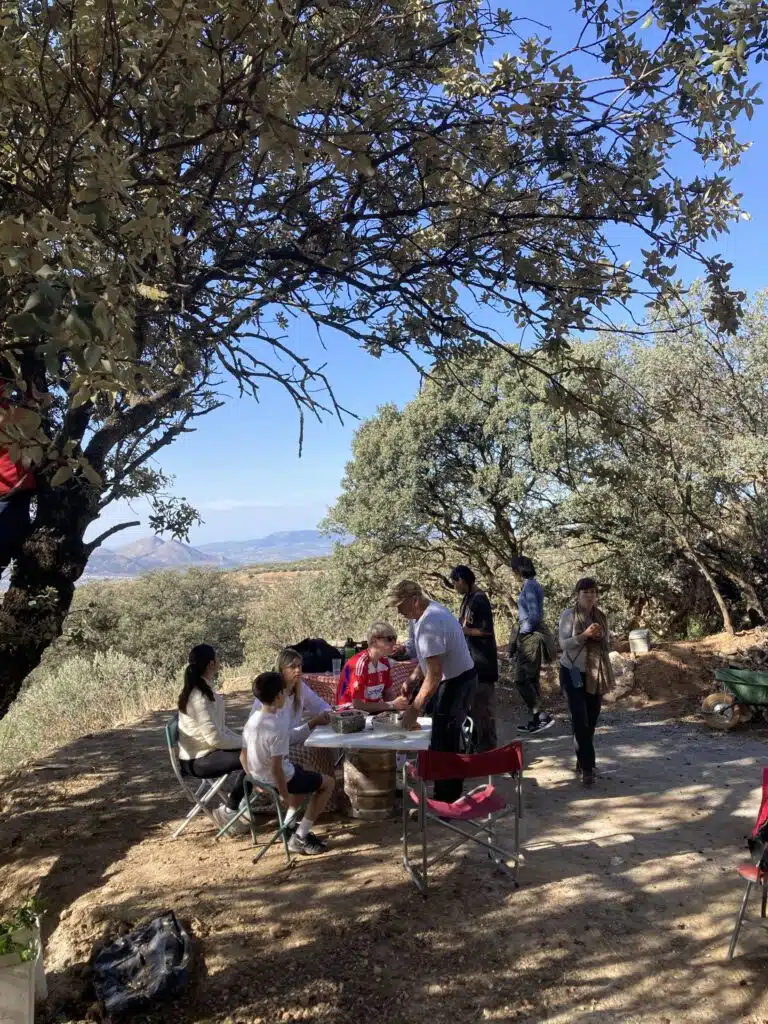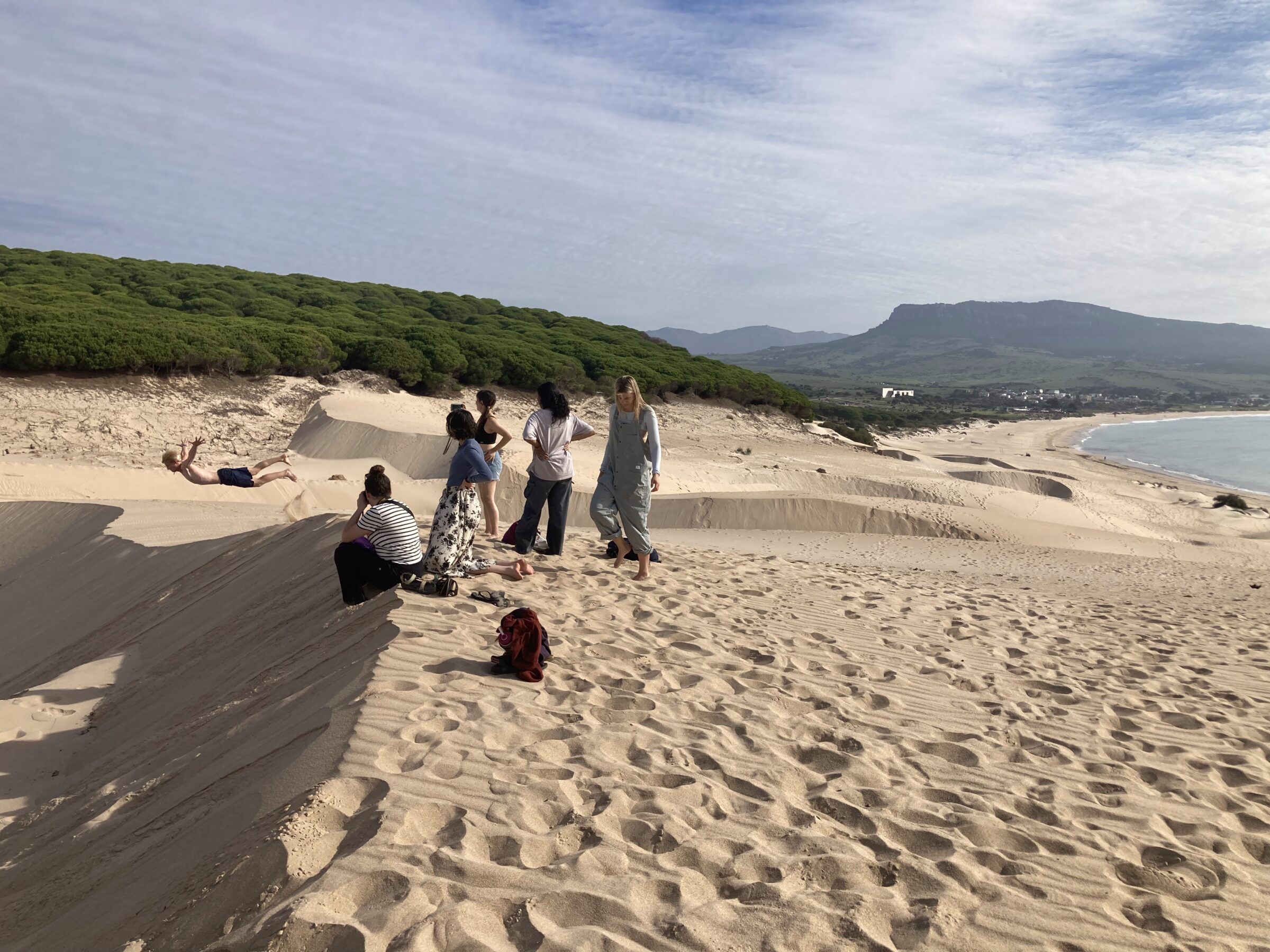Arrival in Malaga, resting in Málaga after arrival. Welcome ceremony.
Andalusia, Spain’s southernmost region, is a vibrant crossroads of history, culture, and natural beauty.
Where European, Arabic, and North African influences have intertwined for centuries, students explore the region’s environmental challenges and experience daily life in southern Spain. Through community immersion, local partnerships, guest speakers, and Spanish language practice, students gain firsthand insight into both contemporary and historical environmental issues while connecting deeply with the people and culture around them.




